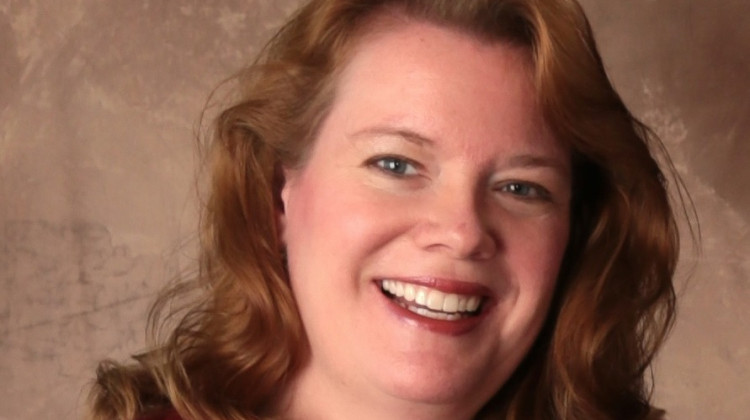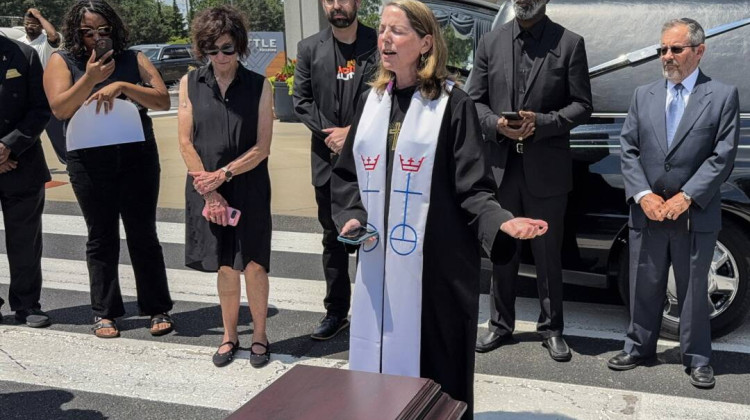INDIANAPOLIS – The leaders of the Indiana House and Senate said Thursday they are skeptical of Pence administration claims that the state needs more prison space to accommodate a projected increase in inmates.
Senate President Pro Tem David Long, R-Fort Wayne, said he doesn’t believe that sentencing changes the General Assembly approved two years ago will result in more inmates.
Instead, he expects the law will mean more lower-level felons will be served in community-based programs, freeing up space in Indiana prisons.
“That’s the whole goal,” Long said. “Building prisons is the exact opposite thing we’re trying to do there.”
Gov. Mike Pence’s press secretary did not respond Thursday to messages about the legislative leaders’ comments.
But in a presentation to the budget-writing House Ways and Means Committee last month, Department of Corrections Commissioner Bruce Lemmon said the state can’t just take minimum-security beds and turn them in to maximum-security space.
The DOC is seeking to build two housing units with more than 500 beds at the Miami Correctional Facility in 2017 and three new housing units with 800 beds throughout 2017 and 2018 at the Wabash Valley Correctional Facility. The agency has requested $50 million for the projects.
Lemmon said that his department anticipates a large growth in the number of offenders housed by the state in 2017, 2018, and 2019 – well beyond the number it is capable of holding.
The DOC predicts the adult prison population will level out for the next two years, but exceed capacity in April 2017, unless the agency builds additional housing units.
Lemon said the projected increases can also be attributed to the 2013 law, which – in addition to reducing sentences for low-level felons – increased the amount of time violent offenders will spend in prison. That’s because lawmakers increased the amount of time some inmates must serve from half of their sentences to three-quarters.
Still, House Speaker Brian Bosma, R-Indianapolis, all but ruled out the DOC’s request for more prison space. He said it’s not appropriate for the General Assembly to be funding more prison space as it significantly increases money for community-based programs that are meant to be alternatives to incarceration.
“We’ve been having this discussion with the Department of Corrections for the last six years,” Bosma said.
He said he’s confident the legislative estimates of 2013 law’s “impact on our prison population and costs as supported by outside experts are the right ones. And I disagree with the Department of Corrections’ ones as well.”
Lesley Weidenbener is executive editor of TheStatehouseFile.com, a news website powered by Franklin College journalism students.
 DONATE
DONATE










 Support WFYI. We can't do it without you.
Support WFYI. We can't do it without you.